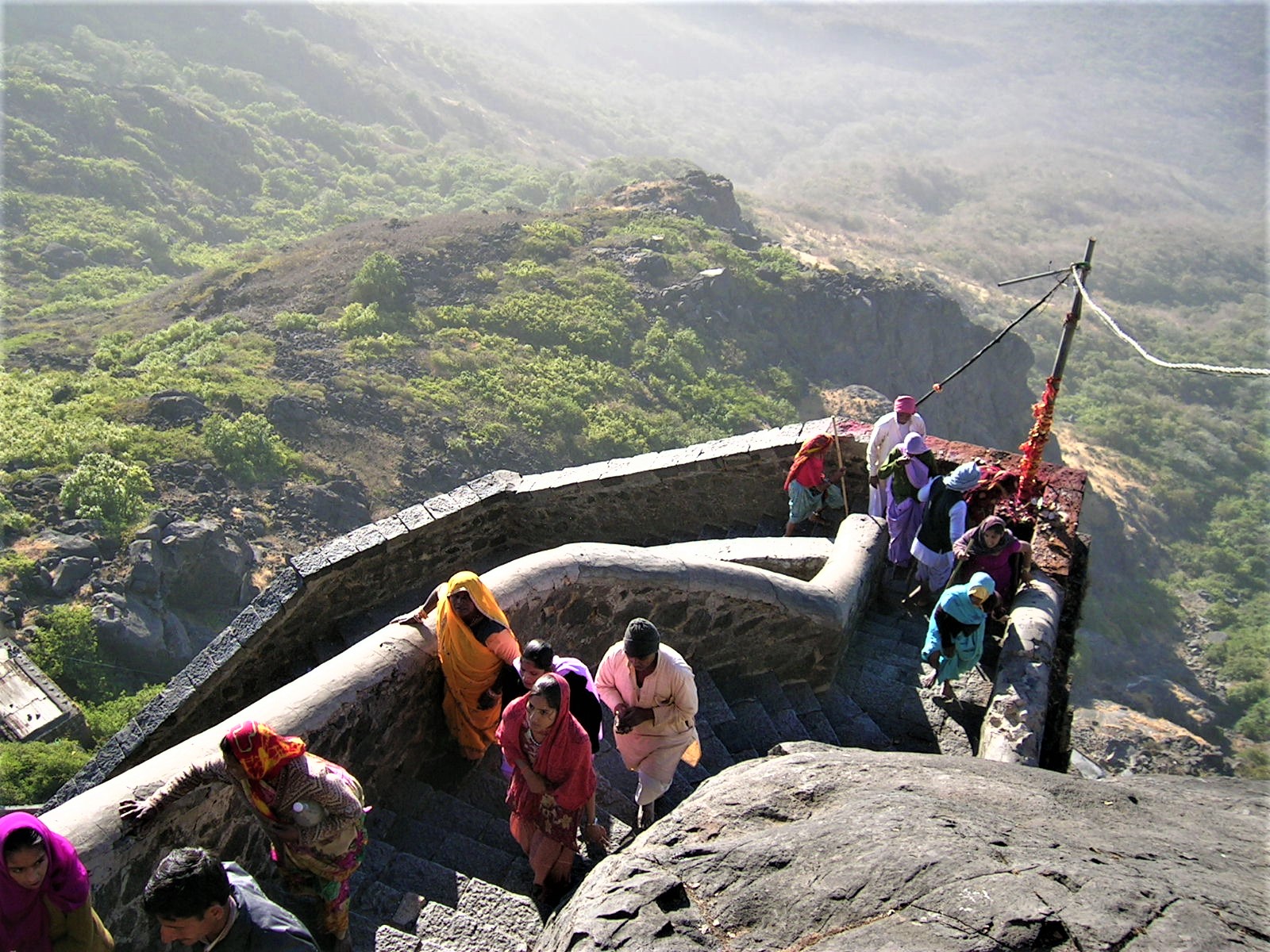
The Great Leader was worshipped by his people.
No one ever wondered about the reasons for this worship. Everyone did it. You grew up with it. It was normal.
The Great Leader was a God, a Prophet; a Helmsman, a Brother No. 1; Father of the Nation, Great Genius, etc.
Often you heard people on the street saying: ‘I’m so glad I was born under the reign of this magnificent Leader.’
No one could criticise the Great Leader or those who profited from his regime.
The military ran the country and the Great Leader was at the top of the hierarchy. Because the universal worship of him, he never did anything for his people. The idea never occurred to him. In his own mind, he did more than enough for his people by existing.
When his decisions led to the endless suffering of his people no one protested.
No one dared to but no one wanted to; what he did was necessary.
Hence it didn’t matter what happened, how poor the people became, how badly they were governed, how unfair, how inefficient, how brutal the nation became, the Great Leader reigned supreme and nothing ever changed.



It was really quite incredible.
This Great Leader worship wasn’t something happening centuries ago.
It was happening now, in the 21st century. It was happening in one or another form in many nations all over the world.
How was this possible?
This blind worship of a despot in a time of modern communications and globalism, the lightning transference of ideas and images?
Once upon a time there were people who had prophesized that this modern, high-tech age with its communications revolution would give power to the people, unleash a wave of democratisation across the globe.
The fact was, modern communications had made tyranny easy. The TV, the internet and the social media were censored. Information was controlled more than ever before.
There was censorship on the one hand, and propaganda on the other. The modern era offered unprecedented opportunities for thought-control.
All over the world, where ever you looked, there were nations where the people were held in bondage, like in ancient times – more, there were people who fastened the chains of oppression on their souls with smiles on their faces.
Who revelled in their submission.
Whatever the Great Leader did or said was sacred. Even if it meant collective suicide……

Like this:
Like Loading...










